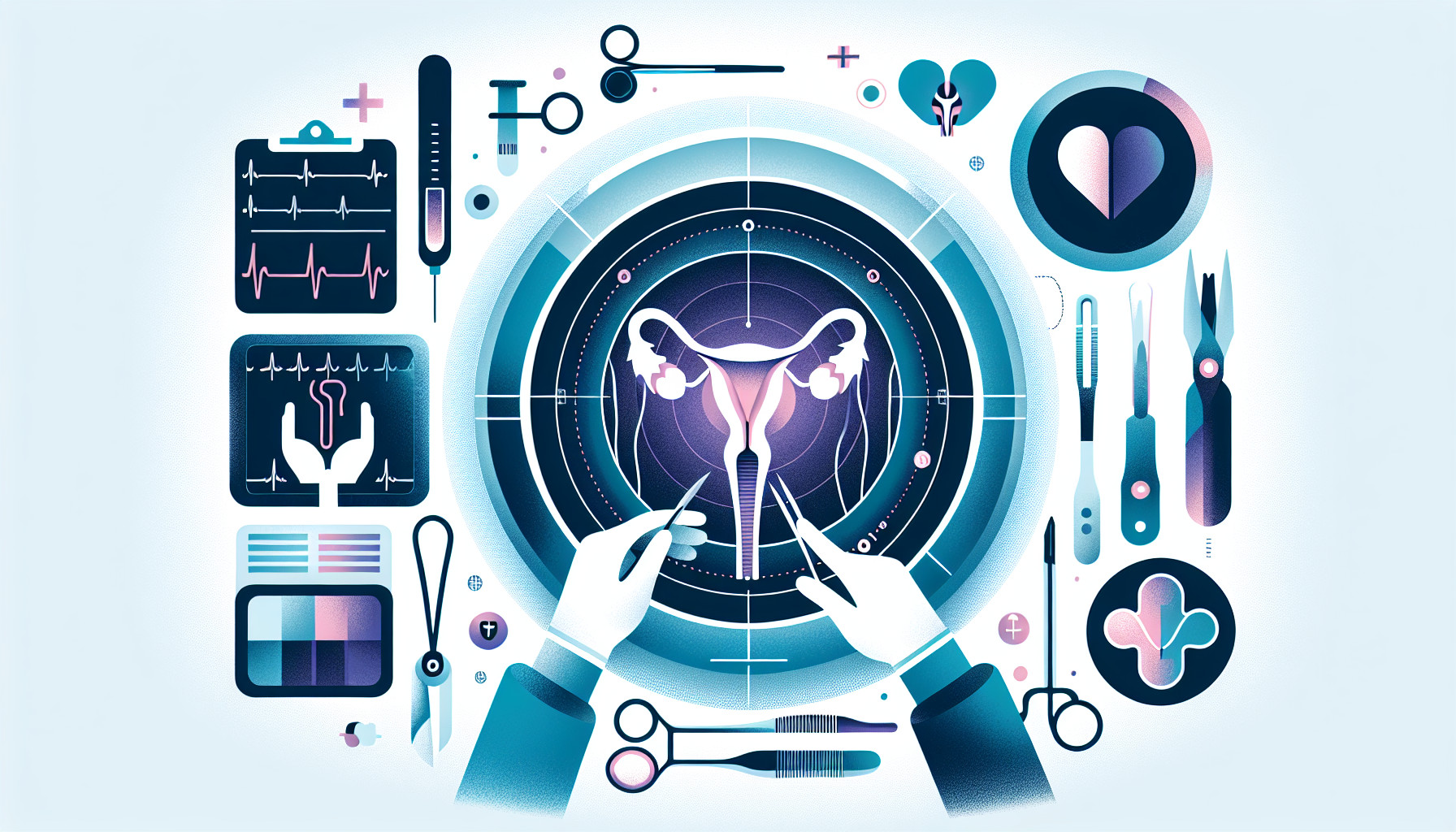Our Summary
This research paper discusses the rise in male infertility and its serious social, psychological, and economic impacts. Traditional treatments for male infertility, like medication, surgery, and various forms of artificial insemination, aren’t as effective as hoped, and can have negative side effects. As a result, many men have turned to acupuncture as a treatment option. The paper looks at how acupuncture can help treat male infertility. This includes ways like balancing hormone levels, reducing inflammation, and improving the health and quality of sperm. The research suggests that acupuncture could be an effective treatment for male infertility.
FAQs
- What traditional treatments for male infertility are discussed in the research paper?
- How can acupuncture help treat male infertility according to the research?
- Based on the research, what are the potential benefits of using acupuncture as a treatment for male infertility?
Doctor’s Tip
A helpful tip a doctor might tell a patient about varicocele surgery is to follow post-operative care instructions carefully to ensure proper healing and prevent complications. This may include avoiding strenuous activity, wearing supportive underwear, and taking prescribed pain medication as needed. It is also important to attend follow-up appointments with your doctor to monitor progress and address any concerns.
Suitable For
Patients who are typically recommended varicocele surgery are those who have been diagnosed with a varicocele and are experiencing symptoms such as pain, discomfort, infertility, or testicular atrophy. Varicocele surgery is often recommended for patients who have a significant varicocele that is causing these symptoms and affecting their quality of life.
In the case of male infertility, varicocele surgery may be recommended for patients who have a varicocele that is believed to be contributing to their infertility. Varicoceles are a common cause of male infertility, as they can lead to a decrease in sperm quality and quantity. In these cases, varicocele surgery may be recommended to improve sperm production and increase the chances of conception.
Overall, varicocele surgery is typically recommended for patients who are experiencing symptoms related to their varicocele, such as pain or infertility, and who have not seen improvement with other treatment options. It is important for patients to discuss their individual situation with a healthcare provider to determine if varicocele surgery is the right option for them.
Timeline
Before varicocele surgery, a patient may experience symptoms such as pain or swelling in the scrotum, infertility, or a visible bulge in the scrotum. They may undergo diagnostic tests such as a physical exam, ultrasound, or semen analysis to confirm the presence of a varicocele.
After varicocele surgery, the patient may experience some pain and discomfort in the scrotum, which can be managed with pain medication. They may need to rest and avoid strenuous activities for a period of time to allow for proper healing. Follow-up appointments with the surgeon may be necessary to monitor the recovery process and ensure that the varicocele has been successfully treated.
In the weeks and months following varicocele surgery, the patient may notice improvements in their symptoms, such as reduced pain or swelling in the scrotum and improved fertility. They may also undergo follow-up tests, such as a semen analysis, to assess the impact of the surgery on their fertility. Overall, varicocele surgery can help improve symptoms and fertility outcomes for patients with this condition.
What to Ask Your Doctor
What are the potential risks and complications of varicocele surgery?
How long is the recovery period after varicocele surgery?
Will varicocele surgery improve my fertility?
Are there alternative treatments to varicocele surgery that I should consider?
What is the success rate of varicocele surgery in improving fertility?
How soon after varicocele surgery can I try to conceive?
Will I need follow-up appointments or tests after varicocele surgery?
How long does the effects of varicocele surgery typically last?
Are there any lifestyle changes I should make after varicocele surgery to improve my fertility?
Are there any potential long-term effects of varicocele surgery that I should be aware of?
Reference
Authors: Feng J, He H, Wang Y, Zhang X, Zhang X, Zhang T, Zhu M, Wu X, Zhang Y. Journal: Front Endocrinol (Lausanne). 2022 Oct 18;13:1009537. doi: 10.3389/fendo.2022.1009537. eCollection 2022. PMID: 36329891
